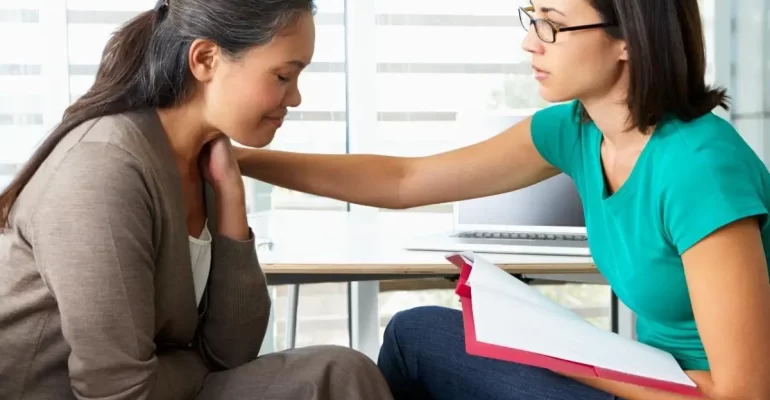Tips for Helping Children Emotionally Cope with Divorce

Tips for Helping Children Emotionally Cope with Divorce
Divorce always affects children. Common emotional responses are anger, anxiety, fear, guilt and sadness. Learning to co-parent during and after a divorce and helping children emotionally cope with divorce can be difficult especially if you are experiencing communication problems. Remember though if you have children together you are always going to be in each other’s lives.
What do you want your children to remember about this time in their lives? How do you want your children to view you and how you handled the divorce?
This is the time you need to step up, take responsibility, and be the adult. Your children need to be your priority and come first. Collaborate and work together as co-parents by helping children emotionally cope with divorce. This emotional well-being and stability will be what your children need. Following are some co-parenting tips.
- Try to be flexible and reasonable with schedules. It’s about what is in the best interest for your children.
- Pick your battles wisely and do not argue in front of the children. Learn to compromise you are not going to win every disagreement.
- If there is a conflict put yourself in your ex-partner’s shoes and look at it from their angle. Learn to compromise.
- Don’t use your children as messengers between you and your ex-partner. Call or email the other parent directly. This is selfish and puts the child in a very awkward position.
- Try to change your mindset about your ex-partner. It’s easy to remember and focus on the bad things that happened in the past. Instead, make a list of the good things he did with the children. Maybe he coached baseball or read bedtime stories. Maybe it’s I know he’s a good dad and loves his children. Start with that and go from there.
- Never bad-mouth your ex-partner or speak negatively about them in front of the children. Children should never feel that you are asking them to choose between you and the other parent. Your children have a right to have a healthy loving relationship with both of you.
- Try to learn to co-parent as a team. This means opening the lines of communication. Share pictures and updates of what is happening when you’re spending time alone with them.
- Set clear boundaries on scheduling, discipline, children’s activities, education, homework, children’s health issues, and religious choices. Consult the other parent if changes need to be made.
- Both parents should try as much as possible to attend children’s school activities, sporting events, and any other extracurricular activities that are important to the children. Some families now share birthday parties and even major holidays together.
Today joint custody has become predominant in being the best choice for families and children of divorce. As long as both parents have no serious issues that would endanger the children.
When parents can cooperate and raise the children together it is a winning situation for everyone. The goal of co-parenting is to meet the children’s emotional and mental health needs. It provides the children with security and the stability of having both parents in their lives.
Written by Leslie Welch, CDC, CHCC, LOA







